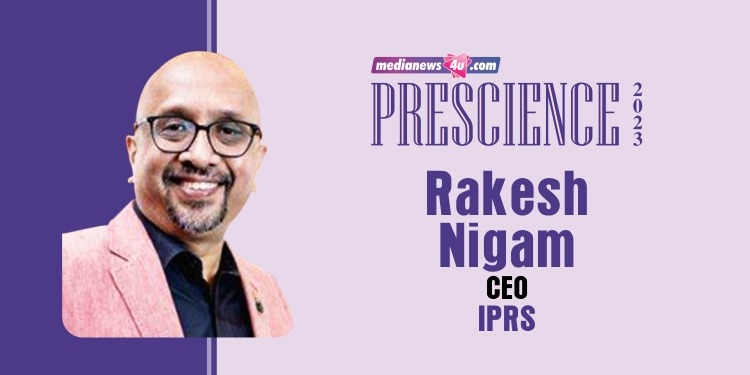The music industry is growing faster than ever. We are witnessing new platforms and mediums gaining prominence every year, reinventing ways audiences connect with their favourite artistes and creators. Similarly, new technologies are empowering many through new creative tools, who previously had limited access to them, redefining how music is being created and consumed today. In an age where opportunities and challenges go hand in hand, Fair Pay and Fair Trade of music will play a significant role in defining the future of the music industry.
Music licenses are the most crucial way music creators and publishers get royalties for their works. It provides legal permission to someone who’d like to utilise their work. Business units cannot play music in public places for any commercial purpose without acquiring a music license. Copyright Act, 1957 made it mandatory for all cafes, restaurants, hotels, pubs, bars, live events and commercial institutions that play recorded/live music on their premises to obtain a music license.
With the growing consumption of music in the digital era, it will become imperative to create an equal trade system where all music platforms, broadcasters, digital service providers and music users respect and pay music creators for their work. Paying back the creators shows respect for their creative work and will grant them fair remuneration for the efforts put in. The revolution in distribution and consumption brought about by digitalisation is helping music reach more people and is projected to grow further in 2023.
Streaming services have already transformed the way we listen to music, and considering the current trend, their popularity will keep growing in the coming years. This shift will likely have a significant impact on the way music creators and artistes make money and how record labels operate. But without an equitable foundation, this musical ecosystem would be fundamentally unsustainable for all stakeholders.
Rapid digitalisation and penetration of the internet have created new opportunities for music makers. A creator can now reach a wider audience by transcending geographies, and this trend is expected to continue in 2023. With the help of DIY platforms and social media, budding talents and independent artistes are making their music heard and finding success. This shift is projected to give artistes more control over their careers and help them decide how they want to promote and earn from the music they make.
The music industry has always been open to new technologies, and we will see more artistes and record labels embracing new tools in the coming years creating growth in revenue opportunities for artistes, creators, and music publishers. However, 2023 might likely see a slowdown in digital revenues with a dip in advertising monies, with a recession being predicted around the corner.
There has rarely been a day which has been without music. Music is the universal language of humans and part of the fabric of everyday life. We resort to music for solace and joy, but what motivates a creator to devote his/her life to creating music? It is not money but the passion and love for music that draws a creator to music, but the truth is, a creator cannot make music without money! And the survival of many is at stake in the fast-evolving music landscape with dwindling value for musical content and a lack of credit given to its creators.
2023 should pave the path towards a more compliant music ecosystem where the principles of fair play and fair pay are respected and followed. The amended Copyright Law grants an inalienable right to royalty to music creators. As an author or composer, one can hand over the copyright for his/her works, but the ‘right to royalty’ will always remain with the creator. One of the major challenges plaguing the music industry at the moment is that a major chunk of music users are not paying the royalties they legally owe to copyright societies like IPRS. It is worrisome to see that compliance with music licensing norms is still on the lower side in our country. This has to change in the coming years.
In addition to encouraging self-regulation, the Indian government has proposed a new IPR agreement for the Indian music industry. This agreement would offer creators improved legal protection against copyright infringement while regulating online streaming services within India. Ultimately, such efforts help protect creators while promoting consumer engagement. No matter what strategies are employed, encouraging proper enforcement of current laws is essential to achieve these goals.
The future of music is tied closely with how well our laws are enforced to support creators’ rights against infringement.
It’s high time the key players in the industry join hands to promote music copyright and compliance with licensing norms. While India’s content consumption has reached an all-time high, it is imperative that the rightful owners get their due benefit.
2022 has been a year of new achievements and benchmarks, laying the foundation for a bigger and brighter future for music in 2023.
(The author is CEO of The Indian Performing Right Society.)

















